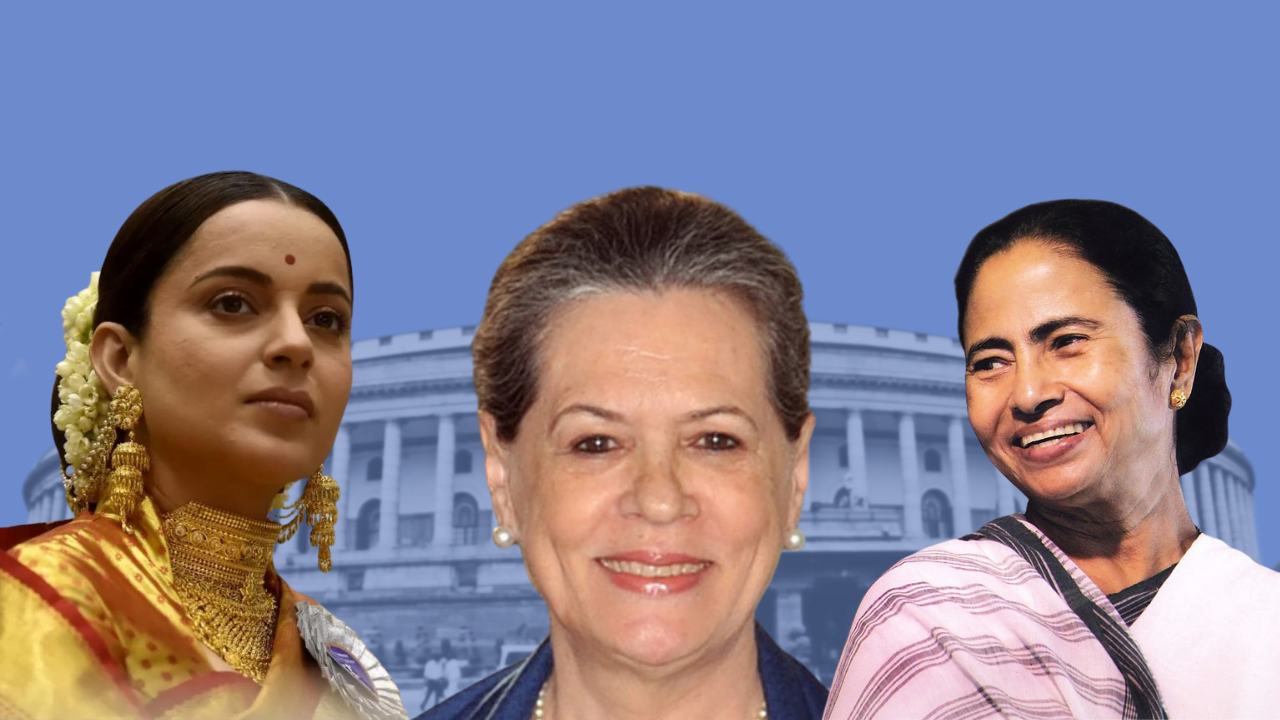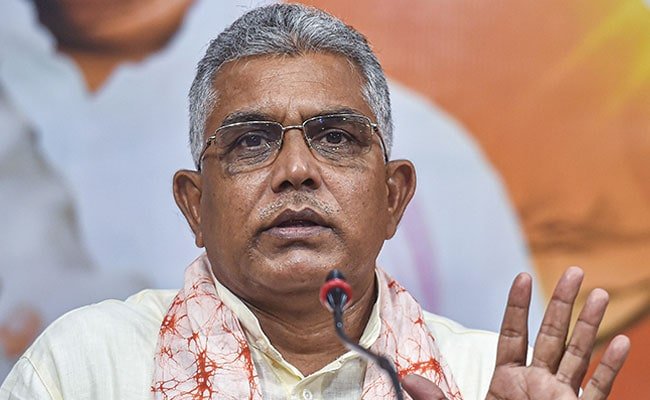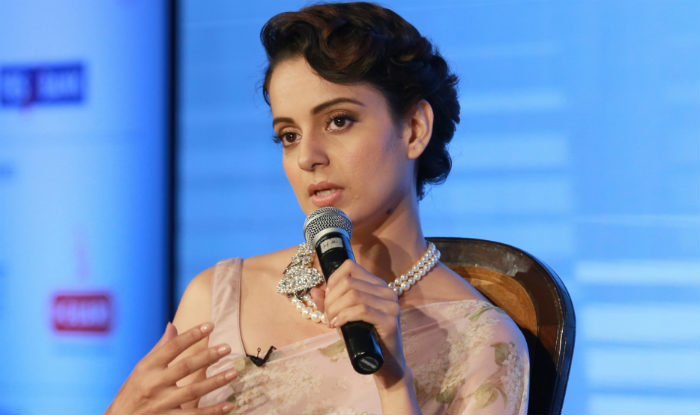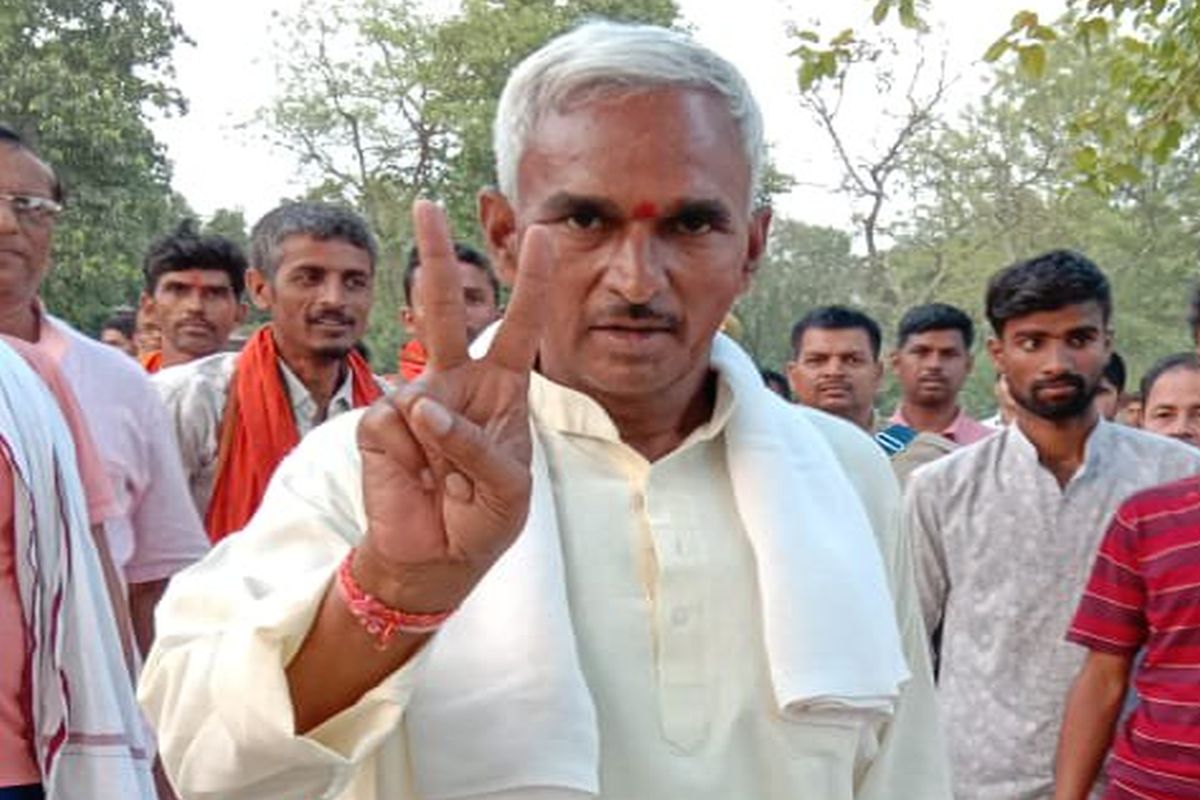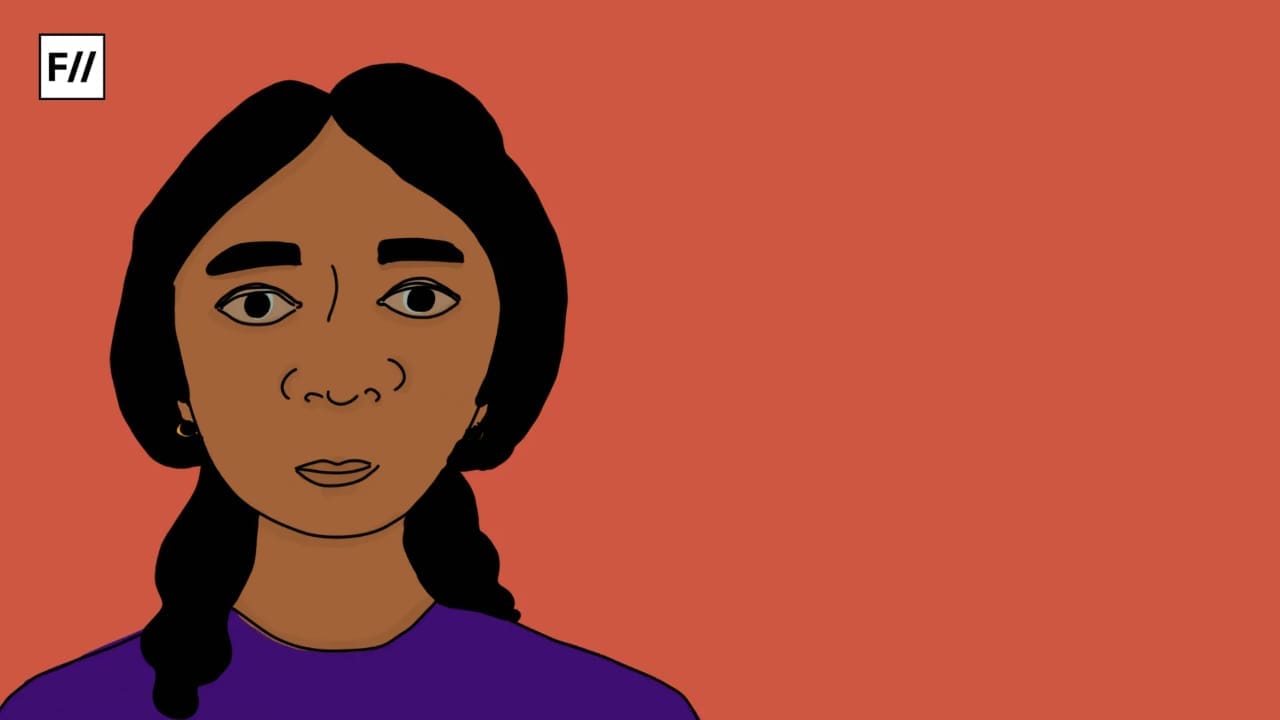As India approaches the 2024 Lok Sabha elections, we are once again reminded of the abject misogyny and sexist violence that define the political landscape of our nation. The gender based abuse faced by women political candidates before and during the elections is testament to the power patriarchy holds in Indian politics. This is confirmed by a 2019 study by Amnesty International which outlined and confirmed the misogynistic digital violence that female politicians face. However, violence against women candidates has existed in many forms in democracies all over the globe and have only exacerbated during the elections.
Despite having reservations for women candidates in politics, India is still far behind when it comes to treating these women candidates with the same respect as their male counterparts.
Despite having reservations for women candidates in politics, India is still far behind when it comes to treating these women candidates with the same respect as their male counterparts. This violence, especially during election season, marginalises women candidates, thereby discouraging and deterring them from political participation. Thus political power inevitably shifts into the hands of male politicians, leaders and decision makers who are at best ignorant of women’s issues and at worst, discriminatory and misogynistic.
Violence against women candidates in the 2024 Lok Sabha elections
This year, the Lok Sabha elections in India are scheduled for the months of April and May. In the months leading up to it, the political parties contesting for the election, released their manifestos and candidates lists. The data from the Election Commission of India shows that there has been a 16 fold increase in the number of female Lok Sabha candidates from 1957 to 2019, from 2.9% to 9%. However, the number of women Lok Sabha candidates has never crossed 1000.

As the number of female Lok Sabha candidates increases, so do the instances of misogynistic abuse hurled at them. The recent furore over Congress’s Supriya Shrinate’s sexist comments against Kangana Ranaut, actress and BJP’s Lok Sabha candidate from Mandi, is only the tip of the iceberg. In a now deleted Instagram post, Shrinate captioned a photo of the actress in a corset: ‘Kya bhav chal raha hai Mandi mein?’ hinting at sex work in a derogatory manner.
The uproar that followed from BJP was huge, with demands for Shrinate to be sacked. Even the present chairman of the National Commission for Women, Rekha Sharma, chipped in, condemning Shrinate for her post. Previously, Congress leader Rahul Gandhi has also been called out for his misogynistic remarks against actress Aishwarya Rai during the Ram Mandir Pran Pratishthan event.
However, BJP, a political party that is so quick to vehemently protect and preserve the dignity of their women candidates, batting for ‘naari shakti’, is no stranger to hurling vile misogynistic comments against women from other political organisations or women who simply object to their politics.
Dilip Ghosh, a prominent BJP leader from West Bengal, has come under fire on several occasions for his extremely misogynistic comments and abuse towards opposition leaders and dissenting student activists.
Dilip Ghosh, a prominent BJP leader from West Bengal, has come under fire on several occasions for his extremely misogynistic comments and abuse towards opposition leaders and dissenting student activists. In a video that went viral on social media, Ghosh is seen saying that ‘Didi’ (TMC leader and West Bengal CM Mamata Banerjee) has called herself the daughter of whichever State she visited. ‘…When Didi goes to Goa, she calls herself the daughter of Goa. When she goes to Tripura, she says that she is the daughter of Tripura. She should first identify her own father,’ the BJP MP from Medinipur said.
In response to these comments, TMC wrote a letter of condemnation to the Election Commission of India alleging Ghosh’s remarks ‘lack decorum but also exhibit a blatant disregard for the dignity of a prominent political figure’.
‘Such remarks not only attempt to undermine the stature of Smt. Mamata Banerjee but also directly attacked her personal character and modesty, which amounts to blatant violation of the MCC (model code of conduct),’ the letter stated.
The pattern of misogyny against female politicians and activists during past elections
Ghosh had previously also been called out for alleging that female student activists from Jadavpur University who boycotted the presence of the then BJP MLA from Asansol, Babul Supriyo, on campus, were involved in some ‘special sort of business’, a thinly veiled euphemism for sex work.
In 2021, another BJP MP from Bishnupur and the president of BJP’s Yuva Morcha, Saumita Khan had faced the ire of both the opposition and her party for equating actress and TMC politician Sayoni Ghosh with sex workers at a rally in Khandaghosh in East Burdwan, before the WB state elections.
In fact, Kangana Ranaut, who has recently been abused online by Shrinate, is herself well known for her own internalised misogyny. From making up unfounded rumours about the Congress Gandhi family, thereby making veiled remarks at Sonia Gandhi to calling actress-politician Urmila Matondkar a ‘soft porn star’, she has always used her power to demean other women. Therefore, her “victimhood” is rooted in political desperation, with a motive to garner pity to propel her political career.
Congress leader and Gandhi family matriarch, Sonia Gandhi has been a repeated target for misogynistic comments from opposing political parties, especially the BJP. Raising questions about her Italian ancestry and her role as a female politician, BJP leaders have always attacked the INC leader for her identity. The then BJP legislator Surendra Singh, who has a track record of making derogatory comments, made a sexist remark on Sonia Gandhi and Sapna Chaudhary, when she had just joined Congress in 2019. He had made an offensive remark on Mayawati too in the past.
Congress leader and Gandhi family matriarch, Sonia Gandhi has been a repeated target for misogynistic comments from opposing political parties, especially the BJP.
Speaking to ANI, Singh had said, ‘Rahul’s mother was also in the same profession in Italy and his father made her his own. He (Rahul Gandhi) should also take the family tradition forward and make Sapna his own.’
Responding on Twitter, Sapna Chaudhary wrote, ‘Rahul Gandhi is like my elder brother. But this BJP legislator’s cheap thought has got me thinking. The statement from the legislator of a national party is highly disgraceful and condemnable. Is insulting women his culture?’
Singh’s vile comments were condemned by the Aam Aadmi Party (AAP) and the People’s Democratic Party (PDP) Chief, Mehbooba Mufti. Singh had previously also caused controversy by accusing Bahujan Samaj Party chief Mayawati of “murdering” a woman’s dignity by joining hands with one-time arch rival Samajwadi Party. Singh is also known to have supported party colleague and legislator Sadhana Singh when she used a derogatory term for Mayawati.
In April 2011, just before she was elected as CM of West Bengal, former Arambagh CPM MP Anil Basu had likened TMC leader Mamata Banerjee to a Sonagachi sex-worker. Then left leader Subhas Chakraborty had ridiculed Mamata Banerjee’s ‘Maa-Mati-Manush’ slogan saying: ‘She is an infertile woman; what does she know about Maa?’ Anil Biswas had even dubbed her ‘jomero aruchi’ (even the devil wouldn’t touch her).
Navigating misogyny in politics: the pre-election precarity of women politicians
As we near the 2024 Lok Sabha election, the current political scenario brings to our notice yet again how women candidates from across the political spectrum have been victims of violent misogynistic abuse from politicians, both male and female, on the basis of their gender and often intersectional caste/religious identities. As political power passes from hand to hand, one thing remained constant- the precarious condition of women in politics.
From fundamentalist right wing leaders to so-called “progressive” proponents of leftist politics, every political outfit has sullied their hands in the murky waters of misogyny.
From fundamentalist right wing leaders to so-called “progressive” proponents of leftist politics, every political outfit has sullied their hands in the murky waters of misogyny.
Women leaders remain, to this day, victims of sexist slurs, abusive comments and violent threats. As political tension builds up pre-election, we, as citizens and voters, must prepare ourselves to stand strong against the onslaught of misogyny and gender based violence in political spheres, facilitating a future where a female politician is judged on her abilities and not her sexual identity.
About the author(s)
Ananya Ray has completed her Masters in English from Jadavpur University, Kolkata, India. A published poet, intersectional activist and academic author, she has a keen interest in gender, politics and Postcolonialism.
